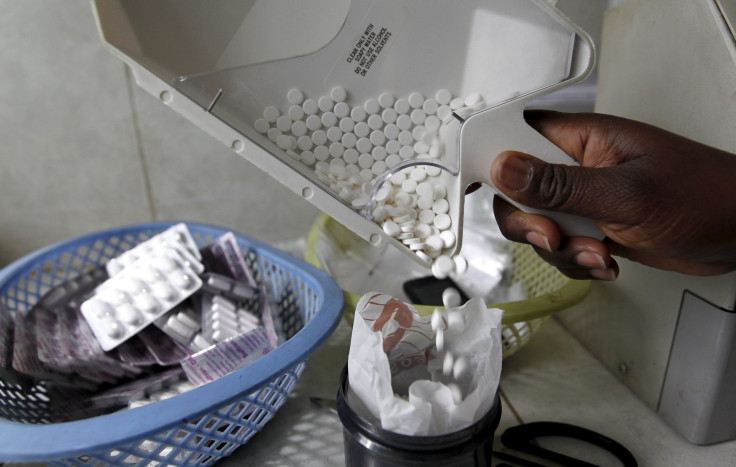HIV drugs lead to obesity and weight gain; patients at risk of further health complications

A new study, published in AIDS Research and Human Retroviruses, has revealed that HIV-infected adults on antiretroviral therapy (ART) are at a major risk of obesity and weight gain. This may lead to further health complications.
The study revealed that the percentage of HIV infected adults who were obese when they began ART doubled over a 12-year period. The HIV infected obese adults had a body mass index of >30 kg/m2 when they started ART.
Like us on Facebook
The study further revealed that after three years of ART, 18 percent of overweight adults became obese and 22 percent with normal BMI became overweight. This has raised the possibility and risk of further health complications in the patients.
The results of the BMI and weight gain study were presented by John Koethe and co-authors, and they wrote on behalf of North American AIDS Cohort Collaboration on Research and Design (NA-ACCORD).
Two groups were compared. One, the HIV-infected adults, and two, age, sex, and race-matched non-infected adults in North America. The data was taken from the period 1998 to 2010.
The article, “Rising Obesity Prevalence and Weight Gain Among Adults Starting Antiretroviral Therapy in the United States and Canada,” reports a significantly higher median BMI for white women who are HIV-infected after three years of ART, compared to non-infected, age-matched white women.
“This is an important piece of the puzzle in the ongoing effort to avoid health complications currently seen in aging HIV-infected populations in North America,” says Thomas Hope, Professor of Cell and Molecular Biology at Northwestern University, Feinberg School of Medicine (Chicago, IL) and PhD, Editor-in-Chief of AIDS Research and Human Retroviruses.
In yet another study, funded by the National Institutes of Health, it was revealed that HIV-infected patients may still be at risk of the infection even when undergoing antiretroviral therapy (ART). Drug therapy may reduce HIV in blood to undetectable levels but the virus replicates in lymphoid tissues such as lymph nodes that help maintain reservoirs of the virus.





















